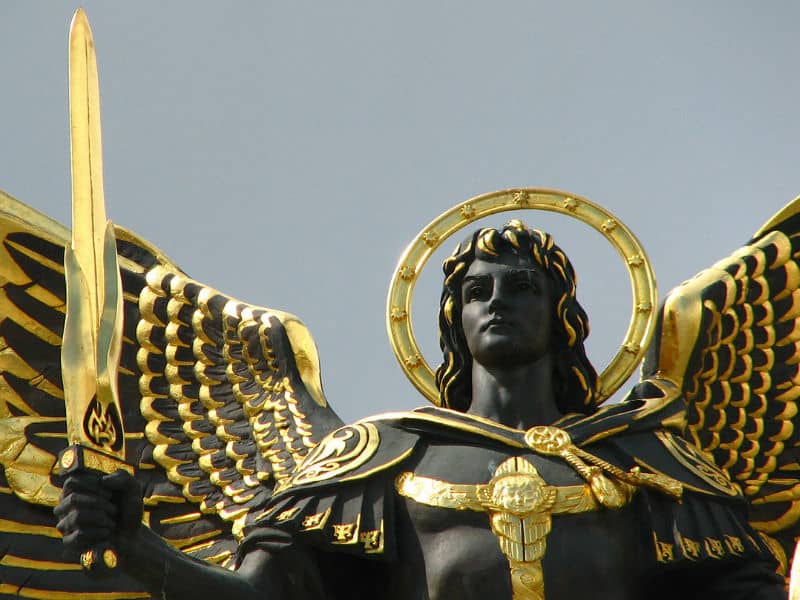

A heavenly angel is dispatched with the answer, but a demonic “prince of Persia” obstructs the messenger. In Daniel 10, the prophet is praying about the future of his people and their exile in Persia.

Taking this passage at face value, it seems that the prince of Persia is a fallen angel who in some sense had authority or influence over the physical kingdom of Persia. (No one supports me against them except Michael, your prince)” (verses 20–21). Later, the angel speaking to Daniel predicts further fighting: “Soon I will return to fight against the prince of Persia, and when I go, the prince of Greece will come but first I will tell you what is written in the Book of Truth. Then Michael, one of the chief princes, came to help me, because I was detained there with the king of Persia” (Daniel 10:13). However, the messenger was delayed for those same three weeks, as he explains to Daniel: “But the prince of the Persian kingdom resisted me twenty-one days. In response to Daniel’s prayer, God sent a heavenly messenger to explain the vision. He went into a three-week period of mourning, fasting, and prayer. The prophet Daniel had received a troubling vision concerning a great war (Daniel 10:1). Most likely, the prince of Persia is a reference to an evil spiritual entity that wielded authority over the ancient kingdom of Persia.

The prince of Persia is only mentioned in Daniel 10, a highly apocalyptic (and therefore at least partially symbolic) section of the book of Daniel.


 0 kommentar(er)
0 kommentar(er)
